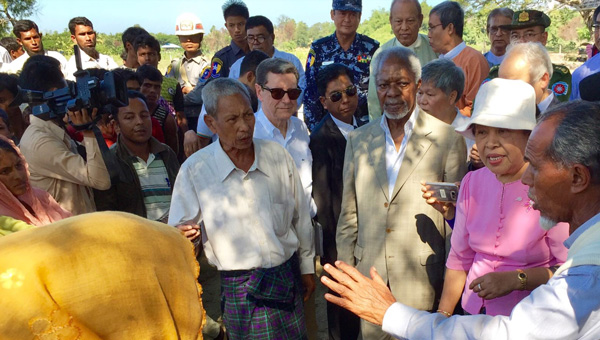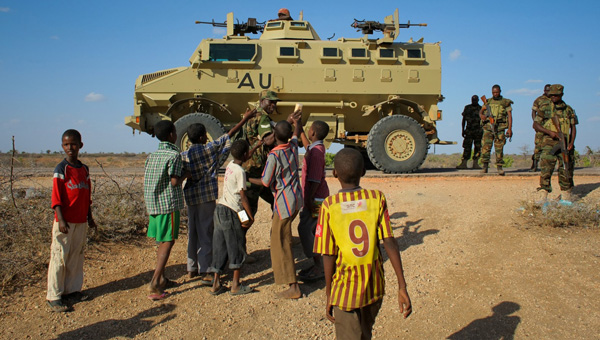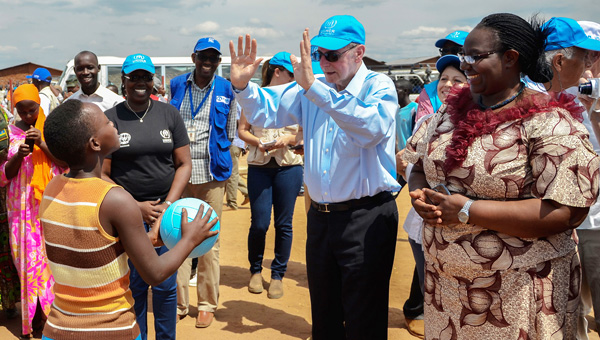Peace Support Operations Programme (PSOP)
Though peacekeeping in Africa began in Congo in the 1960s there are still considerable gaps in the manner in which Peace Support Operations (PSOs) are conducted. These limit the success and speed of exit of the mission.
In addition, though peacekeeping training has been conducted for the past 15 to 20 years in Africa, it has been difficult to establish the impact that it has had on peace and security in the region.
The PSOP enhances research and training in the wide range of subjects that come under peace support operations.
The three main areas are:

Peacekeeping
The deployment of civilian, police and military personnel to conflict-affected countries

Mission Support
Specific demand-driven operational support to facilitate success in mission theatres

Post-Conflict Peacebuilding
the transition between peacekeeping, stabilization, and democratic governance
Some of the areas explored by the programme include: peace agreements and mandates, troop contributions, deployments and exit strategies, conflict-related sexual violence, the protection of civilians, standby forces and security sector reform, the Economic Community of West African States (ECOWAS) and African Union (AU). A special area of interest is mission support.
Another critical dimension the programme explores is the gendered impact of peacekeeping. How are women, men, girls and boys affected by conflict and how can peacekeeping missions respond appropriately to the needs of these groups?
The PSOP works through research, advocacy and development of training curricula.
Team
Emma Birikorang
– Head of Programme (Deputy Director, FAAR)Dr Fiifi Edu-Afful
Dr Festus Aubyn
Susan Nelson
Rahima Moomin

